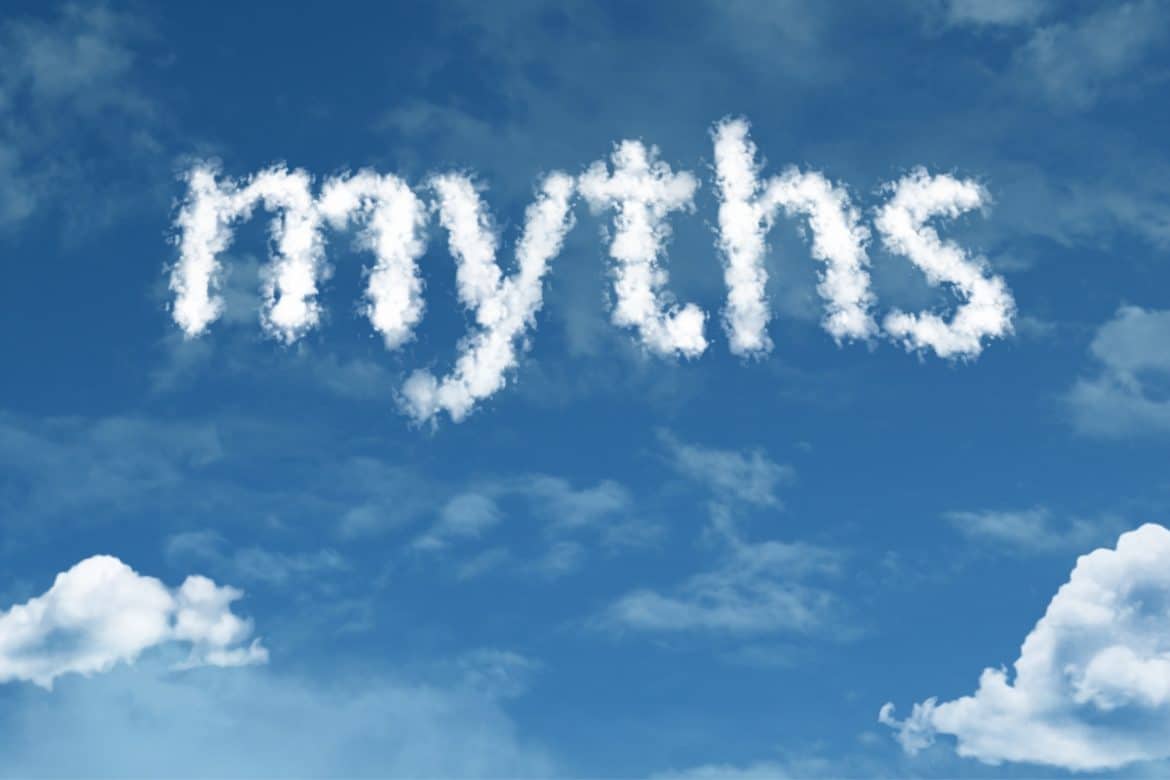Most people have an innate drive to achieve their personal best, to develop their abilities to the fullest. This drive, along with the pleasure of the game and the lure of money, propels traders to challenge the markets.
Successful traders keep honing their skulls, trying to reach their personal best is more important to them than making money. The trouble with self- fulfillment that many people have a self-destructive strait. Markets offer unlimited opportunities for self-sabotage, as well as for self-fulfillment.
Traders who are not at peace with themselves often try to fulfill their contradictory wishes in the market. If you do not know where you are going, you will wind up somewhere you never wanted to be.
Fantasy versus Reality
If you hear a beginning trader wanted to replace his working income by his trading profits, it is often a very challenging tasks even for intermediate traders. Firstly, i will assess on how much trading capital the beginning trader intends to put in his trading account. If he can achieve a return of 2 % of his trading equity consistently for the next 3 months, this will bring him to the top tier of all the traders. The fact is 95% of the traders destroyed their first account within the first 6 months of trading.
For a $50,000 account, you may have a small chance to replace your working income. Any amount below $50,000, you are considered under-capitalised (to replace your income in such a short time) and forcing yourself to achieve your goals may mean that you take on more risks, over leveraging and over trading. These will harm your trading equity if not done correctly.
A successful trader is a realist. He knows his abilities and limitations. He sees what is happening in the markets and knows how to react to them. He analyses the markets without cutting corners, observes his own reactions, and makes realistic plans. A professional trader cannot afford illusions. They identify these fantasies and get rid of them.
The Under-capitalisation Myth
Many people would think that they would have a better chance of success if they could trade with more trading capital. It happens that people get into a bad trade without a proper stop loss. They aren’t willing to close the trade and take the losses. They would often hold on to the bad trade until it more or less wipe out his trading account. At that time, he would be experiencing so much emotional pain when he decided to close the trade. Often, after the amateur is sold out, the market reverses and moves in the direction he expected. This made him think had he survived another day, he might have made a small fortune!
The real problem isn’t about the holding power, it is about controlling losses, getting out of bad trades early and holding on the winners as long as possible. An amateur trader can destroy a big account almost as quickly as a small one.
LEARN FROM CHEAP MISTAKES It is recommended that as a beginning trader, do not start an account bigger than $20,000, and do not lose more than 2% of your trading equity on any single trade.
A professional traders will achieve the discipline of a strict money management plan, acting fast to cut losses from a bad trade when necessary.
The Autopilot Myths
Traders who believe in the autopilot myth think that the pursuit of wealth can be automated. Some try to develop an automatic trading system, while others buy one from the experts. Often, they are driven by greed and laziness. Some of the systems do work, but it required a trader some work in order to identify the truly profitable ones. In addition, it requires a person to be educated in investment and trading before he has the foresight to identify the good systems out there. This will take time and increase with the number of mistakes you made in your pursuit. Sadly, some would give up after a few times.
Autopilot is not for everyone. An autopilot system used by an amateur trader may still be not profitable. It is because the amateur trader may not have the capacity to handle losses. This will cause him to interfere in the system trading and human intervention into an autopilot system will render its effectiveness.
There are good trading systems out there, but they have to be monitored and adjusted using individual judgement. Knowing what system parameters to adjust upon the changing market conditions will give you the edge to successful trading. Most of the trading systems will need to be adjusted to perform in the changing market conditions.
BOTTOMLINE: If you want to believe in autopilot, do your homework before you find one!
Market Gurus Myth
When all things failed, people turn to gurus in search of the answers to profitable trading. The fact is it’s not the guru’s first priority to make you rich! Their first priority is to make themselves rich first before anything else. You can learn much faster from attending some of these guru’s courses. However, this does not mean you will start profiting from trading the market within the first few months.
A trader requires hard work, discipline and working smart to achieving a consistent returns in the long run. The public wants gurus, and new gurus will come. As an intelligent trader, you must realise that in the long run, no guru is going to make you rich. You have to work on that yourself!
